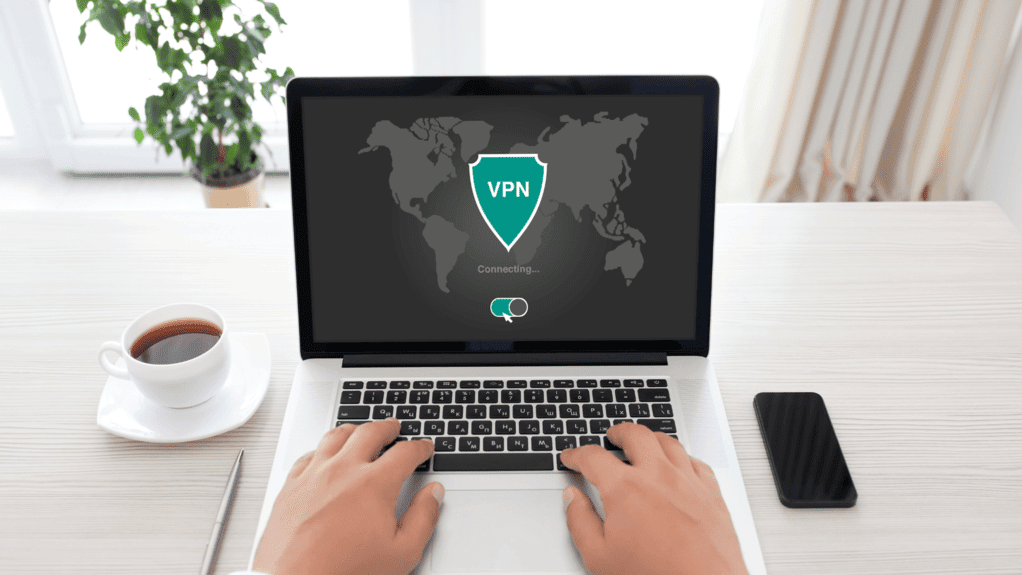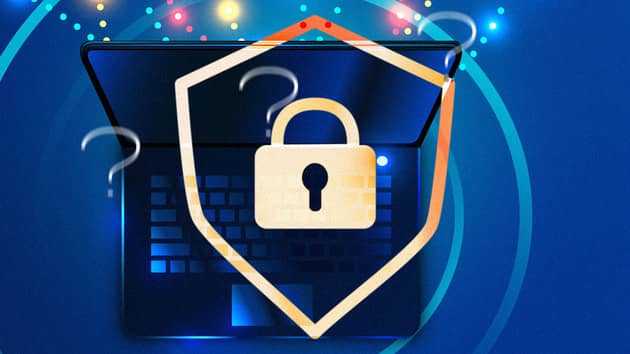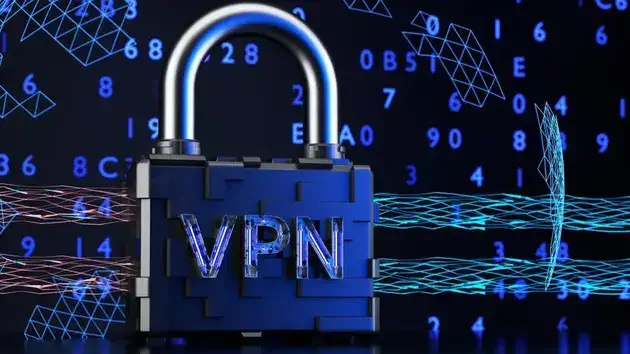Working From Home? Why You Should Use A VPN Series Mchelper-vpn-series-part-1
Millions of businesspeople who have been forced to make the abrupt switch to working remotely have safety concerns, which are addressed in this three-part series by global technical support service provider McHelper.
Most of the American business community has been forced to change to a work-from-home environment as a result of the COVID-19 pandemic. Employees are forced to navigate unfamiliar waters, making both their employers and themselves vulnerable to cybercrime because the majority of businesses are not prepared for a pandemic.
We discuss VPN, or virtual private networking, in the first article of the series. Private and public networks, including broadband and internet hotspots, are made more secure by a VPN. For individuals and organizations to send and receive data over the internet, a VPN offers security and privacy. Imagine it as a hidden network that allows access to exclusive internal systems and also gives you the ability to browse the internet anonymously.
A secure and private network known as a VPN was created to enable remote users and branch offices to access corporate resources and applications. It is accomplished through the use of a layered, encrypted tunneling protocol. Passwords or certificates are required for access for VPN users.
Users of the internet can also get around censorship and geo-restrictions by using a VPN. It enables connections to proxy servers that will shield your location and identity. A VPN provides the advantages of a wide area network (WAN) when using the public internet because it creates a “point to point” connection over existing networks.
Theoretically, nothing done over a VPN connection can be monitored. One thing to keep in mind is that a VPN connection is only helpful if the device being used is not infected with malware. Before using a VPN, McHelper advises setting up or upgrading an antivirus program to block malware.
Although VPNs have been around for a while, they have only recently started to become more popular as concerns about our fundamental online security have grown. Today, marketers follow our every online move, ISPs store and sell our data, and the world is a labyrinth of online hackers searching for an easy target. Unseen dangers are everywhere on the internet.
By using a VPN, you can stop companies from seeing your browsing history or digital footprint. You can evade censorship from third parties and censorship within organizations. To use international services, such as watching a TV show that is only available in a specific nation (Netflix is a prime example of this), modify location settings. With a VPN, you can avoid having your passwords compromised when using a public hotspot. By spotting “traps” while browsing the internet, a VPN defends against phishing. A VPN offers secure access to business internet without the risk of being targeted by cybercriminals when America resumes business as usual and people start to travel the world once more.
What to look for in a VPN is covered in part two of our series. For additional technology advice on working from home, keep checking the McHelper blog.









